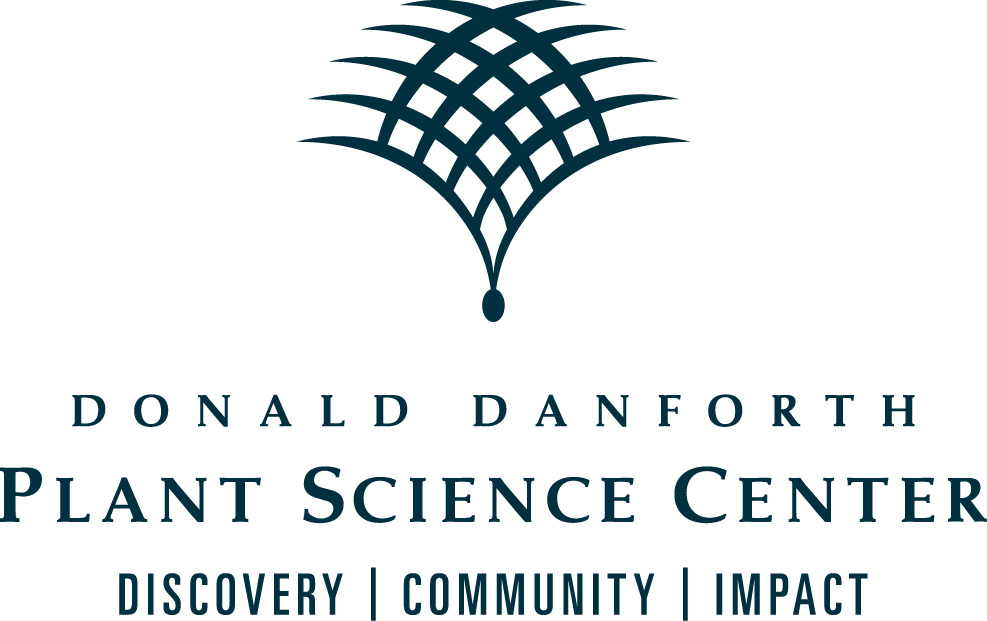Newswise — ST. LOUIS, MO, July 10, 2017 – In a paper published today in PLOS Genetics researchers at the Donald Danforth Plant Science Center, in collaboration with the USDA-ARS, the University of Illinois, and the Carnegie Institute for Science, conducted a high-throughput phenotyping experiment to map genes that regulate plant height in the model bioenergy grass Setaria. Specifically, they identified several loci controlling height in a population derived from a cross between the wild species and its domesticated relative to identify traits that may have been under selection during the domestication process. Importantly, by monitoring height across a range of environments and with a high degree of precision over the life cycle of the plants, the team was able to identify a number of genes that act at specific times in development. A greater understanding of these traits will help improve yield in C4 food and bioenergy crops such as maize, sorghum and sugarcane to help them thrive under reduced water and fertilizer conditions.
The team of researchers identified many of the same major effect regions of the genome both in the field and in the highly controlled environments of the Bellwether Foundation Phenotyping Facility at the Center. This supports a model whereby plant height is a heritable trait controlled by many genes and the major loci that influence plant height function independently of the growth environment.
“Growth is a dynamic process that responds to a changing environment. Most of the methods that we have for measuring are static, and collecting information throughout an organism’s life cycle is extremely labor intensive and often prohibitively expensive. Advances in imaging and robotics technology have enabled novel approaches to understanding how plants adapt to the environment,” said Max Feldman, Ph.D., a postdoctoral associate at the Danforth Center and the lead author of the study.
The relative contribution of loci that influence height changes dynamically throughout development, and the reduction of growth in water-limited environments is a consequence of delayed progression through the genetic program that establishes plant height in Setaria. Alleles inherited from the weedy S. viridis parent act to increase plant height early, whereas a larger number of small-effect alleles inherited from the domesticated S. italica parent collectively act to increase plant height later in development.
“Height is one of the most influential components of plant architecture, determining trade-offs between competition and resource allocation, and is an important trait for boosting yields, especially in bioenergy crops,” said corresponding author Ivan Baxter, Ph.D., USDA-ARS research scientist and adjunct associate member of the Danforth Center.
As a model system, plants in the genus Setaria possess many favorable experimental and life history attributes that make genetic analysis of complex traits possible and the genetic dissection of these traits more feasible than in larger evolutionarily related crop plants like maize and sorghum.
Thomas Brutnell, Ph.D., Director of the Enterprise Institute for Renewable Fuels, stated, “Utilizing the model system Setaria, which is very closely related to our major bioenergy feedstocks but which also possesses desirable growth attributes and tractable genetics, provides a great foundation for these studies. By coupling this genetic system with the precision measurements afforded by our phenomics capabilities at the Center, we now have an unprecedented opportunity to obtain a holistic systems view of growth through developmental time and in the face of environmental challenge.”
At the Danforth Center, plants hold the key to discoveries and products that will enrich and restore both the environment and the lives of people around the globe. Future agriculture research can apply the study’s tools to other plant and food crops for advanced and quicker translation analysis.
Funding for this project was provided by award number DE-SC0008769 from the U.S. Department of Energy to the Danforth Center, the University of Illinois and the Carnegie Institute for Science.
About The Donald Danforth Plant Science Center Founded in 1998, the Donald Danforth Plant Science Center is a not-for-profit research institute with a mission to improve the human condition through plant science. Research, education and outreach aim to have impact at the nexus of food security and the environment, and position the St. Louis region as a world center for plant science. The Center’s work is funded through competitive grants from many sources, including the National Institutes of Health, U.S. Department of Energy, National Science Foundation and the Bill & Melinda Gates Foundation. To keep up to date with Danforth Center’s current operations and areas of research, please visit, www.danforthcenter.org, featuring information on Center scientists, news and the “Roots & Shoots” blog. Follow us on Twitter at @DanforthCenter.
###
